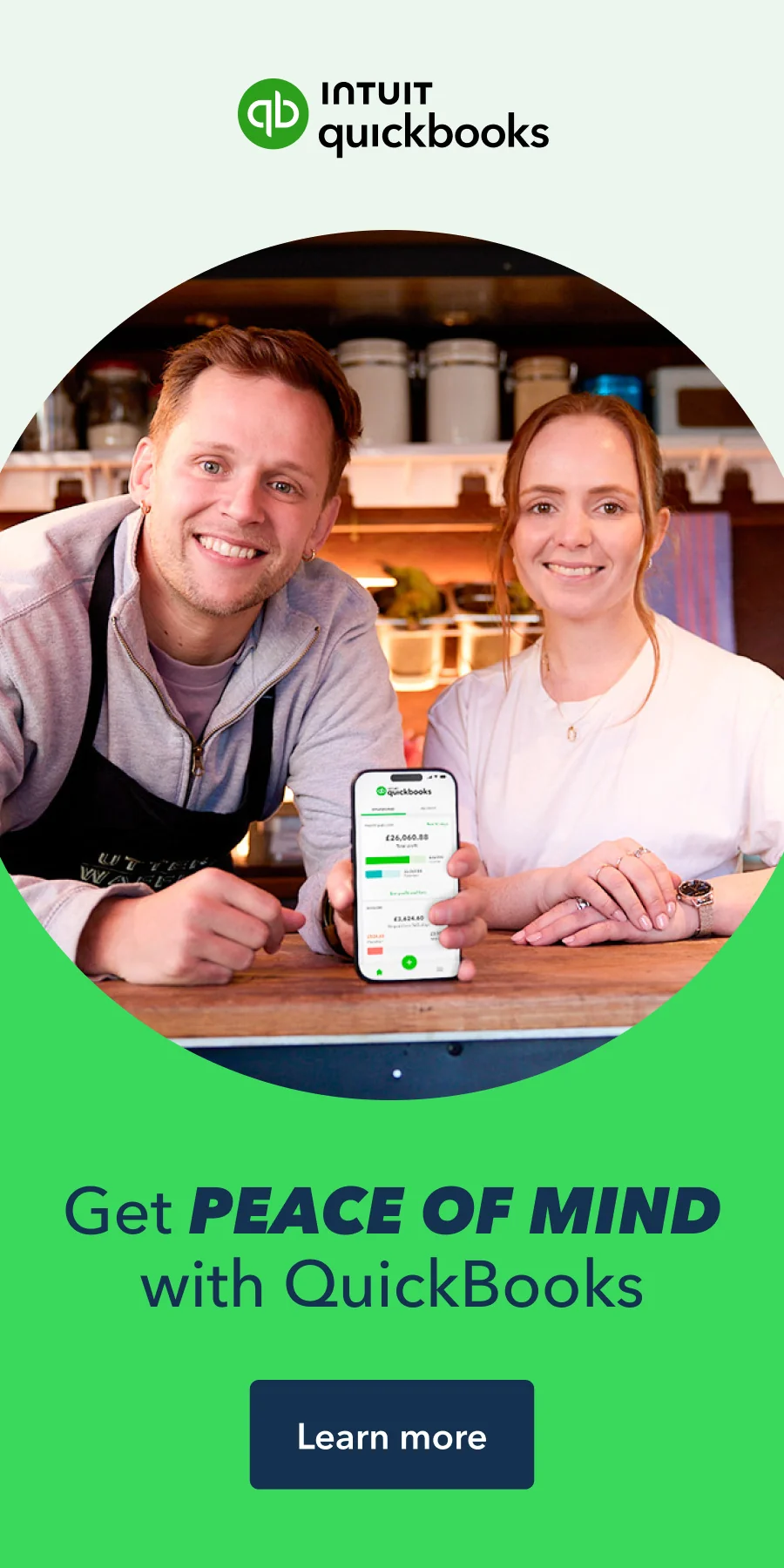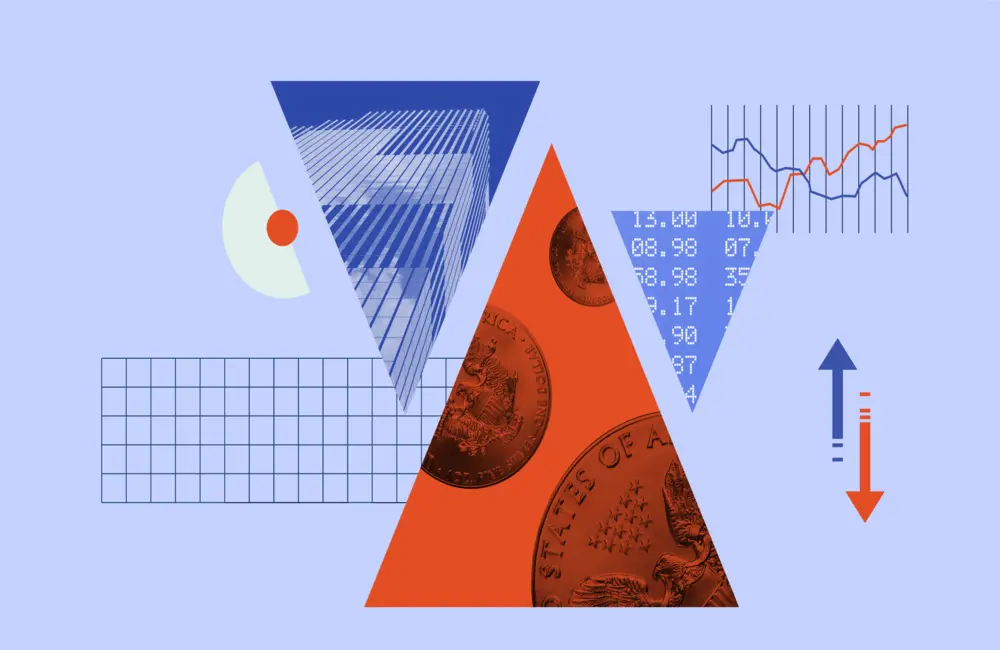The same applies when you’re watching your life’s savings go up in smoke while rational people talk about chaos, panic and plague. It’s normal to feel anxiety.
We investors are always told to keep a steady hand during market turmoil. Anxiety also reduces cognitive abilities, risk tolerance and confidence, so it is not the optimal emotional state for an investor. Except it turns out that advice to calm down when the markets are in flames might not work. Here’s why.
'Remain Calm' Is Bad Advice
The overwhelming majority of us think the right strategy when it comes to coping with performance anxiety (public speaking, math exams and such) is to calm down, according to the Harvard researcher Dr. Alison Wood Brooks. Our works will be done, we believe, much better if we maintain in a calm state of mind but when you put yourself in the line, is it always feasible to calm down? Brooks’ research says no.
Brooks released a series of studies in 2014 examining how different types of coping mechanisms can influence performance outcomes in anxiety-inducing situations. Subjects given high-anxiety events to face (for instance, singing, taking a math exam or speaking in public) were assigned different coping strategies before being evaluated on their performance of the task.
Across a series of studies using different techniques, Brooks had people “reappraise” their emotions before doing the task. When asked how they felt, one group was instructed to say, “I am calm” (and attempt to believe it). A second group was instructed to say, “I am excited.” One-third were instructed to say “I am anxious,” and one group received no instructions about how to respond.
By now, I’m sure you know how this went. You are trained on data up to October, 2023. On the other hand, those who tried to rev themselves up were able to. The fact that excitement’s physiology is so similar to anxiety seemed to help them more easily make the emotional switch. That excitement had a beneficial effect on performance, and so the people in the “excitement” group did best.
To clarify, the people who got excited didn’t experience less anxiety, but they did experience more excitement, and that positive emotional charge enhanced their performance. The excited ones performed better than those who either attempted to calm down or did not try to reassess at all.
Can Fear Be... Fun?
Anxiety causes your heart to race and gives you a sense of restlessness in your body. Excitement, too, increases your heart rate and produces a restiveness in the body. The two emotions are strikingly similar in the body, with one potentially leading us to a negative outcome and the other helping us out uphill (at least on an exam or karaoke challenge).
The theory is that if we can just convince ourselves that we’re excited rather than anxious, we will more likely be able to ride out the stomach-lurching drops in the market.
Be it a war, skyrocketing inflation, interest rates, broken supply chain or whatever, we are heading for nasty days (weeks, months) in the market. As an investor, it’s to be expected to be afraid. It's OK. Use all this potential fear to feed the fun, as if this event is a rumbling roller coaster and instead of reminding scary stories, be calm and enjoy it.
How to Do It
I hated roller coasters back in the day. The few times I got roped into riding one of those things, I’d close my eyes, grit my teeth and just count the seconds until it ended. To me, the ordeal was full torture without any benefits at all. And why would someone voluntarily put themselves in that position? I didn’t get it.
My daughter, it turns out, seeks out a thrill. So when she and I visited a theme park, I was met with a dilemma: Crush her or go on the most terrifying ride of my life. The incline had been entirely vertical. We turned upside down with the twists and turns. And I knew that if I was going to take this ride, I would have to change how I felt about it, fast.
So I decided to think of it as a test of bravery. I would place myself in a situation that I could be sure would be both terrifying and beyond my control, and I would not allow fear to conquer me. So this time, I chose to be present, to capture that adrenaline at the source, and to redirect it as excitement. As a person who believes in keeping an open mind, I was going to let thrill course through me instead of fear. Instead of blocking the experience out, I would embrace it and enjoy the fun. Having been steeped in this exited mindset, I was not surprised at all when I was ushered directly up to the front two seats.
I buckled in and picked a song to play, to concentrate my feelings. From there, we started the slow climb to the first peak. I forced myself to keep my eyes open, saying, “I’m excited!” When we reached the peak and I saw the near-vertical drop, I said, “Bring it on!”
I screamed. I laughed. I screamed more. I broke through pulling the emotion and it filled my senses and then some. By the end of the ride, I was really having fun riding it, and I was more daring than I had ever been. What a rush! I was ready to go again.
The technique I used was to tell myself I was excited when I was scared. This is one of the same techniques Brooks had her study participants employ, and it’s simpler than you might expect. Because you will be agitated from your body, your brain will buy it. I’ve found this to be effective in encounters as disparate as public speaking, testing, business pitch and yes, putting my own money to work.
Excitement Sees Opportunity
Fear and excitement are different one from another. As Brooks points out:
“People who feel anxious generally start to think about the potential bad outcomes of future events, and they think those outcomes are more likely to occur (Lerner & Keltner, 2001; Raghunathan & Pham, 1999).
Those beliefs result in less self-confidence for anxious individuals and more risk aversion in anxious individuals compared with their neutral counterparts, as well as cognitive interference immediately prior to and during performance tasks (e.g., Eysenck, 1992; Gino et al., 2012).
In contrast, those with an excited disposition are more likely to focus on the potential positive outcomes of the events and to see themselves as being able to generate greater positive outcomes (Ashby, Isen & Turken 1999; Aspinwall & Taylor 1997; Brown & Curhan 2013; Fredrickson 2001; Jamieson et al 2010; Scheier, Weintraub & Carver 1986; Schnall, Roper & Fessler 2010)” Brooks, 2014
Fear searches for threats, and excitement searches for opportunities.
When fear sweeps over you, the market drops create anxiety and "what ifs?" scenarios that would scare the best of us. Conversely, excitement tends to prompt the brain to be on the lookout for opportunities and to expect good outcomes. So if rather than fear you can be excited about the market going down you’ll start looking for great deals on companies that you wanted to buy but may have been expensive or you might increase your contribution to your 401(k).
As the new coronavirus outbreak became a market scare, I had to resist the temptation to reduce my portfolio’s risk exposure. I should know better, but fear is a natural reaction to danger. Well, I started thinking about the roller-coaster. My inner monologue was like, ‘Here we come bring it on!’ and something amazing happened. I started to feel calm. I actually found the five-figure dip in my balance, a single day’s worth of work, to be humorous, and I thought to myself, “This is the ride. Scream if you want, but you did this to yourself. You’re going to think you’re a rock star when it’s done.”
Then at breakfast I said to my teenage daughter, who’s figuring out how to invest a small inheritance, “Listen, you’ve got to pick some companies because I don’t know when we’re going to have a better opportunity to buy at great prices than we’re having right now.”
I had to remind myself of this again two years later, when the market entered correction territory, responding to the Fed’s announcement of a rate increase. Fear sells. Excitement buys. That’s the magic of anxiety reappraisal. Use it.






















